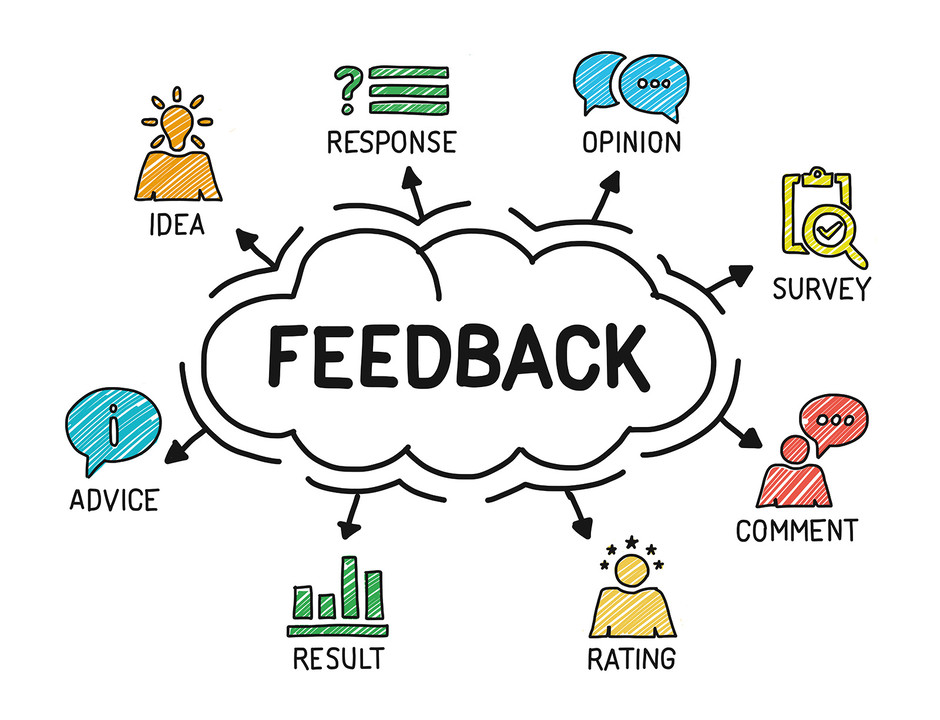Unlock Success: Communication Skills for Analysts
3 September 2024
Blog

Introduction
In the rapidly evolving world of data analysis, possessing technical skills is only part of the equation for success. Communication skills are equally crucial, allowing analysts to share insights effectively, collaborate with colleagues, and influence key stakeholders. This article will delve into the essential communication skills that analysts need to unlock their full potential and thrive in their careers.
The Importance of Communication Skills for Analysts
Bridging the Gap Between Data and Decision-Makers

Analysts often find themselves as the intermediaries between raw data and strategic business decisions. Their ability to translate complex data into actionable insights is paramount. Effective communication ensures that the information is not only understood but also utilized in making informed decisions.
Enhancing Collaboration
Working in isolation is a rarity in today’s collaborative work environments. Analysts frequently collaborate with various departments, including marketing, finance, and operations. Strong communication skills facilitate seamless interactions, fostering a collaborative culture that drives organizational success.
Building Credibility and Trust

Clear and concise communication helps build credibility and trust with colleagues and stakeholders. When analysts can effectively articulate their findings and recommendations, they are more likely to be perceived as reliable and knowledgeable, enhancing their professional reputation.
Key Communication Skills for Analysts
1. Active Listening
Active listening involves fully concentrating, understanding, responding, and remembering what is being said. It is a critical skill for analysts to ensure they accurately capture the requirements and concerns of stakeholders.
Tips for Active Listening:
Maintain eye contact.
Nod and provide feedback.
Summarize what the speaker has said to confirm understanding.
2. Simplifying Complex Information
Analysts often deal with intricate data sets and technical jargon. The ability to simplify complex information without losing its essence is vital.
Techniques for Simplification:
Use analogies and metaphors.
Break down information into digestible parts.
Avoid unnecessary jargon and technical terms.
3. Effective Presentation Skills

Presenting data effectively is an art. Analysts must be able to create compelling presentations that highlight key insights and recommendations.
Elements of Effective Presentations:
Clear and visually appealing slides.
Storytelling to make data relatable.
Engaging delivery and interaction with the audience.
4. Written Communication
Writing reports, emails, and documentation is a significant part of an analyst’s role. Clear and concise writing ensures that the message is understood without ambiguity.
Best Practices for Written Communication:
Use bullet points and headings for clarity.
Proofread for grammatical accuracy.
Be concise and to the point.
5. Interpersonal Skills
Building strong relationships with colleagues and stakeholders is essential. Interpersonal skills help analysts navigate different personalities and work effectively within a team.
Developing Interpersonal Skills:
Show empathy and understanding.
Be open to feedback and constructive criticism.
Foster a positive attitude and collaborative spirit.
READ MORE : Importance Analysis in Companies
Practical Strategies to Improve Communication Skills
Attend Communication Workshops
Investing time in communication workshops can provide valuable insights and techniques to enhance communication abilities. Workshops often offer practical exercises and feedback that are directly applicable to the workplace.
Practice Public Speaking

Joining public speaking groups like Toastmasters can significantly boost confidence and presentation skills. Regular practice in a supportive environment helps in overcoming the fear of speaking in front of an audience.
Seek Feedback and Reflect

Regularly seeking feedback from colleagues and mentors can provide a different perspective on communication strengths and areas for improvement. Reflecting on this feedback and actively working on it can lead to continuous improvement.
Leverage Technology
Utilize communication tools and platforms to streamline interactions. Tools like Slack, Microsoft Teams, and Zoom can enhance both verbal and written communication, making collaboration more efficient.
READ MORE : Why Business Analyst is Important?
Conclusion
In conclusion, communication skills are indispensable for analysts aiming to unlock their full potential and achieve career success. From active listening to effective presentation skills, mastering these abilities can bridge the gap between data and decision-makers, enhance collaboration, and build credibility. By actively seeking opportunities to improve and leveraging available resources, analysts can elevate their communication skills and, in turn, drive their professional growth.
Unlock your potential as a business analyst and embark on a journey of professional growth with our comprehensive training program. Enroll now to gain practical skills, industry insights, and certification preparation tailored to excel in the dynamic field of business analysis.


